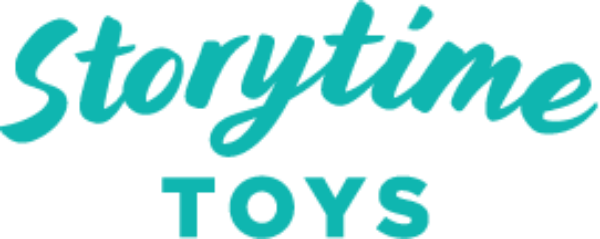Last week I returned to my alma mater to be part of a panel on entrepreneurship. The moderator, Dr. Caroline Daniels, a researcher of Future Trends and Entrepreneurial Strategy, asked the women entrepreneurs to talk about how we got to where we are today - was there ever an "a ha" moment, or did our business ideas come to us gradually? I was fascinated by the responses of my fellow panelists. Not one of them had an "a ha" moment, nor were they an overnight success. Rather, their business ideas came to them slowly, were inspired by their professional and personal experiences and their successes came from lots of hard work and incremental improvements.
Here are some of the inspiring stories I heard:
Lisa Farrell, the Founder of Red Apple Lunch, a company that delivers healthy prepared lunches to your home, shared how spent years working in the food industry, then went to business school. After business school, while working 80 hour weeks on Wall Street, Lisa remained focused on healthy food and made it a priority to make her baby home-made food. Once her kids were school aged, she recognized a need for a healthy and convenient alternative to school lunches and came up with the idea of a school lunch delivery company. So she started small, and tested her idea to see if there was a market, to see what worked and what didn't and has applied what she learned as she's expanded her business.
Marian Leitner, the Co-Founder of Archer Roose Wines talked about how she worked for the Vaccine Fund and the World Bank before founding her wine company with a double bottom line. As a wine lover, she realized how much money she spent on wine. And after researching, she found that a lot of what consumers pay for in a bottle of wine is the bottle itself! Like Lisa, Marian tested her idea and applied what she learned in her pilot and what she learned from her pre-wine days (Archer Roose gives to Root Capital) as she expanded her business.
When I reflect on how Storytime Toys became what it is today (a small specialty toy company with a line of 8 products), I realize that it has been a series of baby steps. I am a mechanical engineer and have always wanted to start a product company. Before my husband and I had kids, our cats were our kids. We had designed and built a wooden cat toy that was a house with pedals that you could push and make a mouse pop in and out of the front door. Our cats LOVED it. Our friends loved it too and began to encourage us to try to make it into a real product. I thought "yes! this is going to be easy, it will be fun and we'll make a lot of money."
It turned out to be very hard to design an actual consumer product. We had to completely redesign the toy so that it could be manufactured and and we had to design packaging. Our first batch of 10,000 cat toys, which were made from laser cut wood, arrived with burned edges and were totally unsellable. We had to trash the entire batch. It was so disappointing and expensive!
But inspiration came again. While shopping for books with my daughter, I saw a board book that was made from EVA foam and stiff cardboard. At that moment, I knew it would be the perfect way to design our cat toy. We redesigned the toy and our packaging, had them manufactured and they arrived, looking perfect. But this time they were hard to sell! I learned that it is hard to make a single product, that is not part of a line (and thus, does not take up a lot of shelf space) sell in a pet store.
Of course, I went on to create our line of playsets. But the journey didn't start there. It's taken a lot of time, work and investment, just to get to where the company is today. And it helps to know that most entrepreneurs don't just "ding" come up with their idea and "boom" become an overnight success which instead comes from a series of incremental improvements
If you want to hear a great podcast on the subject, check out Freakonomics Radio's In Praise of Incrementalism.



